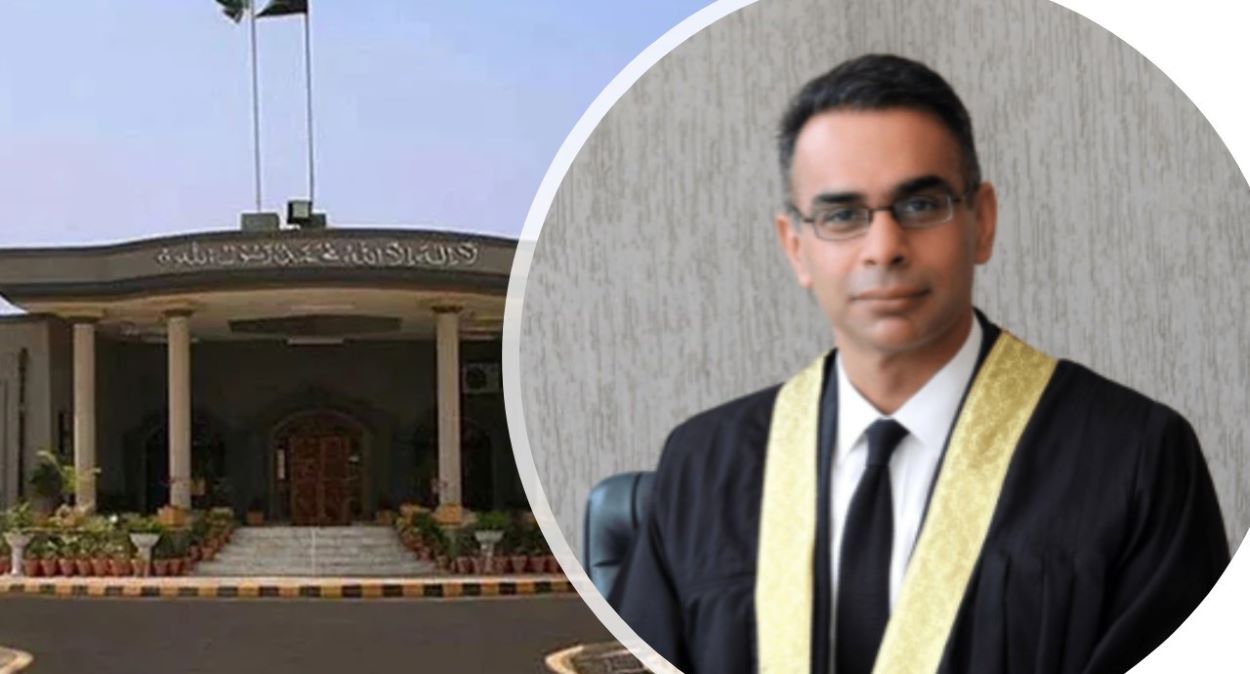A fresh conflict brews at the Islamabad High Court (IHC) as Acting Chief Justice Sardar Muhammad Sarfraz Dogar and Justice Babar Sattar lock horns over a case transfer issue. The disagreement, unfolding on March 28, 2025, centres on who controls case assignments, exposing tensions within the court.
Acting Chief Justice Sarfraz issued an administrative order stating Justice Sattar had recused himself from a case and directed Sattar’s bench to hear it anyway. In response, Justice Sattar fired back with a judicial order, challenging the acting chief’s authority. He instructed the deputy registrar to reassign the case to a new bench, igniting a procedural showdown.
#JusticeBabarSattar stated, calling the return of the case an “inadvertent mistake”.
“Once a judge determines recusal, the judicial order is not amenable to interference by the Chief Justice’s office.” https://t.co/NXz4251nUS
— Asad Ali Toor (@AsadAToor) March 29, 2025Justice Sattar’s order highlighted a March 14 decision to shift the case to another bench. He noted the file returned to his court—possibly by error—with the chief justice’s note insisting his bench take it. “The chief justice lacks power to force a court to hear a case,” Sattar wrote, citing rules that grant judges sole authority to recuse themselves. He argued that neither the chief justice nor the registrar’s office can override such a decision.
Read: Islamabad High Court Judges Clash Over Tribunal Shake-Up
The rules, Sattar emphasized, task the deputy registrar with scheduling cases. The chief justice approves bench rosters but steps back once set. If a judge recuses or requests a larger bench, the case returns to the deputy registrar—not the chief—for reassignment. “Sending it to the chief justice breaks protocol,” Sattar concluded.
This standoff raises questions about judicial independence and administrative control at IHC. Will this dispute reshape case handling, or will it deepen the rift? As the court navigates this clash, the outcome could set a precedent for Pakistan’s judiciary.






